
Sweat, Sunscreen, and Acne: How to Stay Clear Through Spring Activities
Think skin exams are only for those with visible concerns? Annual skin checks can detect early signs of cancer.
Did you know that psoriasis affects 7.55 million Americans, including 3.2% of women and 2.8% of men? Psoriasis most commonly appears as raised red patches covered with silvery scales. Although it may be frightening at first, psoriasis is not contagious and cannot be transmitted from person to person like the flu or a cold virus. It is most commonly diagnosed between the ages of 15 and 45. It has no known single cause, but research suggests that genetics plays a large role in who gets psoriasis and how severely they are affected by it. In this article, we will discuss the different types of psoriasis and what you can do to manage and treat it.
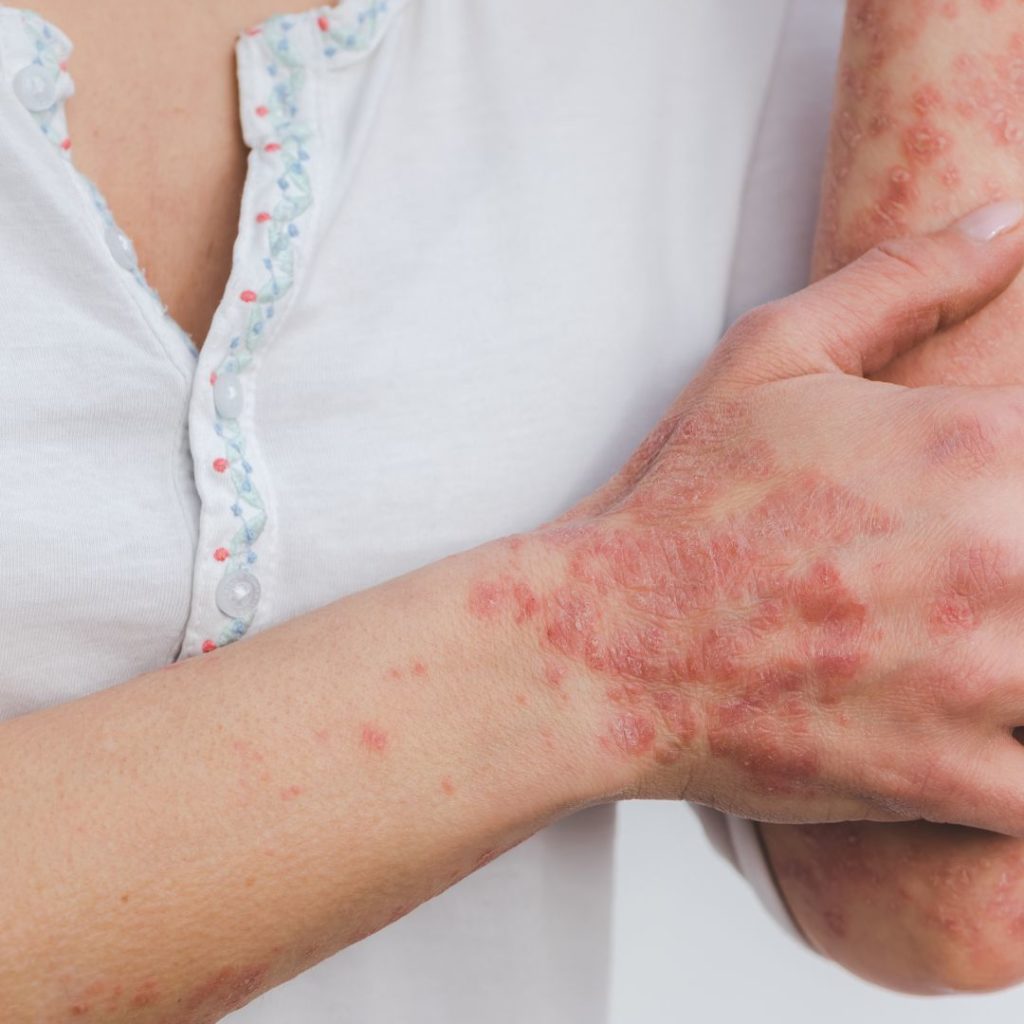
Psoriasis is a common autoimmune disease in which the body’s immune system unknowingly attacks its own cells by mistake. This results in the rapid multiplication of skin cells that form faster than shedding, resulting in inflamed, scaly skin. The inflammation it causes can impact other organs and tissues in the body. People with psoriasis may also experience other health conditions. For instance, one in three people with psoriasis may also develop psoriatic arthritis: swelling, stiffness and pain in a joint. While the cause of it is not understood, genetics are believed to play a role in the development of this autoimmune disease.
Without treatment, patients may experience worsening symptoms. Psoriasis can cause harm to a person’s physical, mental and emotional well-being. Patients often suffer from social anxiety and embarrassment, and some people with this disease may feel too self-conscious to go out in public or worry about being stigmatized. It can also lead to feelings of loneliness, frustration, and depression. The good news is that with proper diagnosis and treatment you can enjoy clear, smooth skin, manage your symptoms and live a normal life.
The symptoms of psoriasis often begin between 15-25 years of age but can start at any age. As the awareness around it increases, the number of self-diagnoses are going up as well. It is important to get your symptoms checked by a Bryn Mawr dermatologist for a formal diagnosis and an individualized treatment plan.
The most common symptoms include:
There is no specific test to diagnose this disease. Instead, your doctor will conduct a thorough physical exam and review your medical history. Your doctor may also take a sample of your skin to look at the cells under a microscope to determine the type and severity of psoriasis. If your doctor suspects another type of skin condition, he or she may order additional tests to rule out other possible causes. Experienced dermatologists can distinguish between different types of rashes with a physical exam and patient history, but even so, a formal diagnosis via biopsy may be required.
Researchers are still trying to understand all the causes behind psoriasis. Some researchers believe that an infection with a common bacteria called streptococcus pyogenes may be a possible trigger. The theory is that in some people with this disease, this bacteria triggers an immune response that leads to skin cells growing too quickly. This results in the formation of red scaly patches on the skin. When you have psoriasis, certain triggers can make your flares worse.
Some common psoriasis triggers include:
There are various types of psoriasis and the symptoms vary for each type.
This is the most common type causing dry, itchy, raised skin patches (plaques) covered with scales. It can occur anywhere on the body but is most commonly found over the large joints (knees and elbows), the scalp and the back.
This is a type of psoriasis that initially appears as small red spots on the skin that later turn into scaly patches. It primarily affects young adults and children and is usually triggered by a bacterial infection such as strep throat.
As the name indicates, this type of psoriasis affects the finger and toe nails resulting in the pitting of the nails. In case of loosening of nails, see a skin specialist.
This type is rare and causes large, painful blisters. Unfortunately, this type is also associated with a higher risk of skin cancer.
The affected regions in this type include the groin, buttocks and breast. Fungal infections may trigger this type.
This form is severe and causes extreme redness, itching, scaling and burning. It is the rarest form of psoriasis.
The treatment of psoriasis can only begin after a formal diagnosis by a skin specialist or dermatologist. A treatment plan is suggested based on the type and severity of the symptoms.
Here are some common treatment options:
Other general measures to help manage psoriasis include:
Bryn Mawr dermatologists experienced in dealing with psoriatic patients understand their frustration. Certain symptoms warrant a visit to a skin expert or dermatologist to get a physical examination and formal diagnosis, including:
Psoriasis can sometimes be a precursor to type 2 diabetes, and a risk factor for developing skin cancer, depression, and other mental health disorders. At Bryn Mawr Dermatology, our expert team of dermatologists treats each patient with care and personal attention so that they can feel confident about their treatment.
The bottom line is, that while the cause is unknown and there is no cure, people with this disease can live normal lives with dermatologist-guided treatments and interventions.

Think skin exams are only for those with visible concerns? Annual skin checks can detect early signs of cancer.
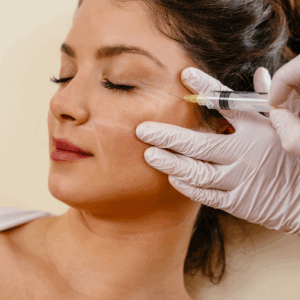
Think skin exams are only for those with visible concerns? Annual skin checks can detect early signs of cancer.

Think skin exams are only for those with visible concerns? Annual skin checks can detect early signs of cancer.
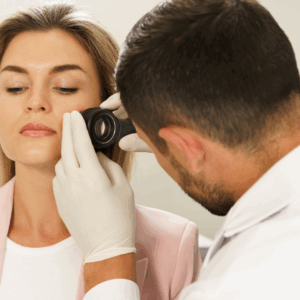
Think skin exams are only for those with visible concerns? Annual skin checks can detect early signs of cancer.
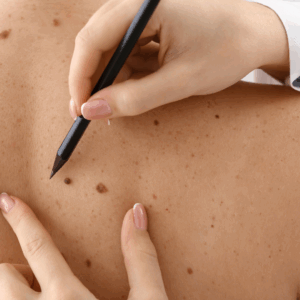
Discover a youthful lift without surgery. Learn how our thread lift at Bryn Mawr Dermatology can rejuvenate your appearance.
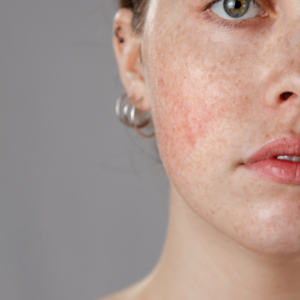
Discover a youthful lift without surgery. Learn how our thread lift at Bryn Mawr Dermatology can rejuvenate your appearance.

By: Bryn Mawr Dermatology, Published: Aug 15, 2022
Medically Reviewed By: Christine Stanko, MD, FAAD – June 25, 2024
For COSMETIC APPOINTMENTS:
For MEDICAL APPOINTMENTS: